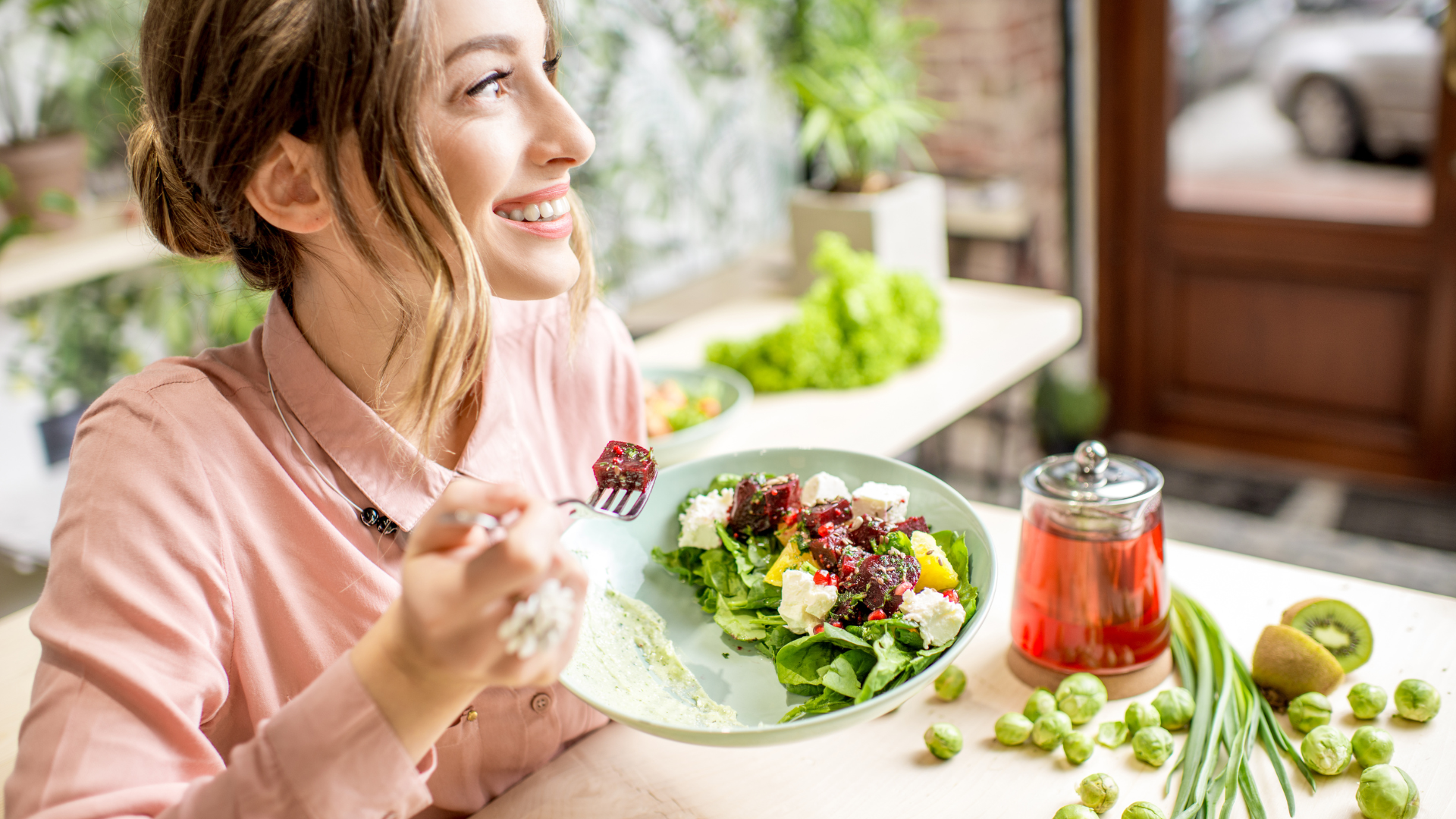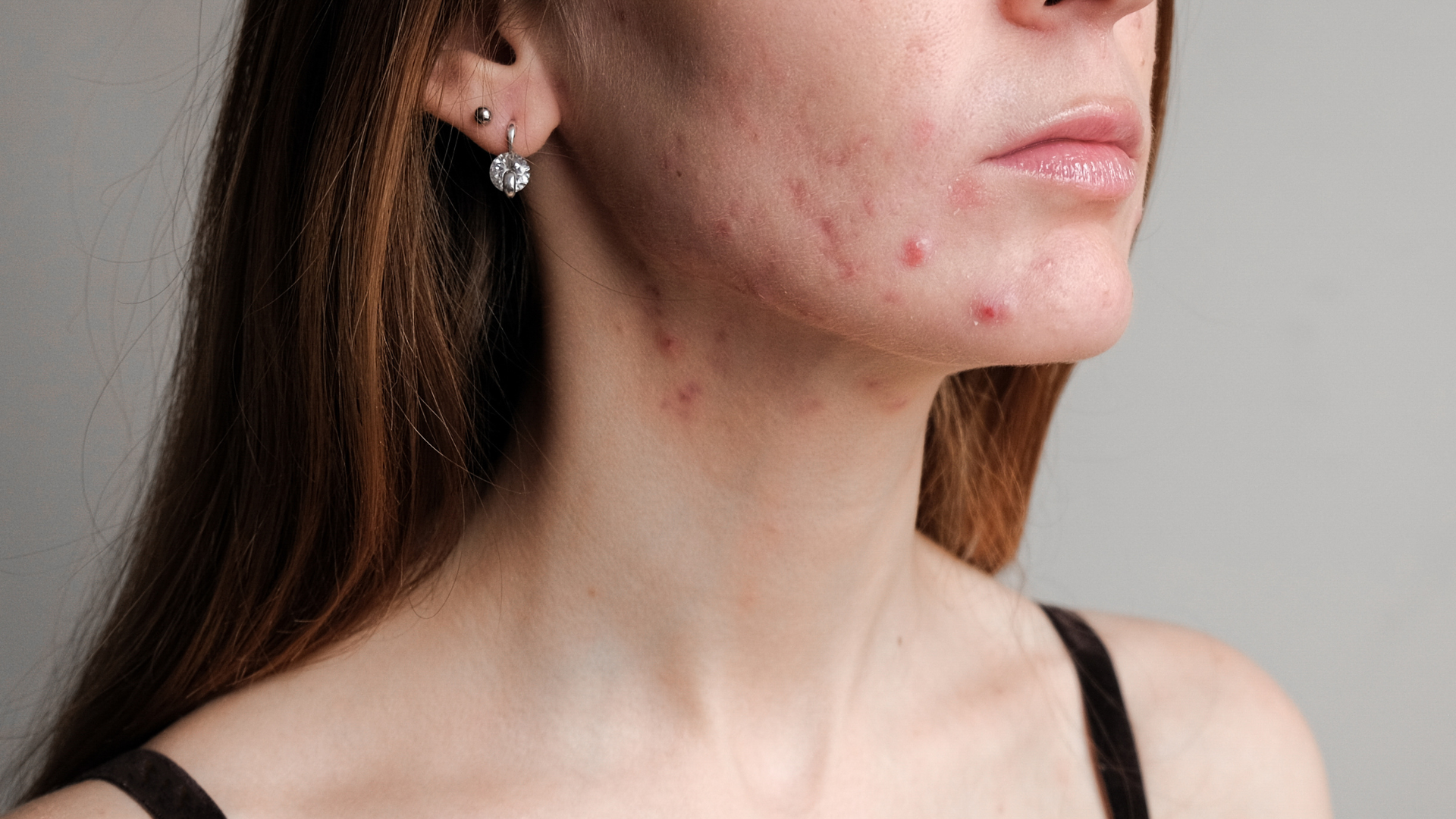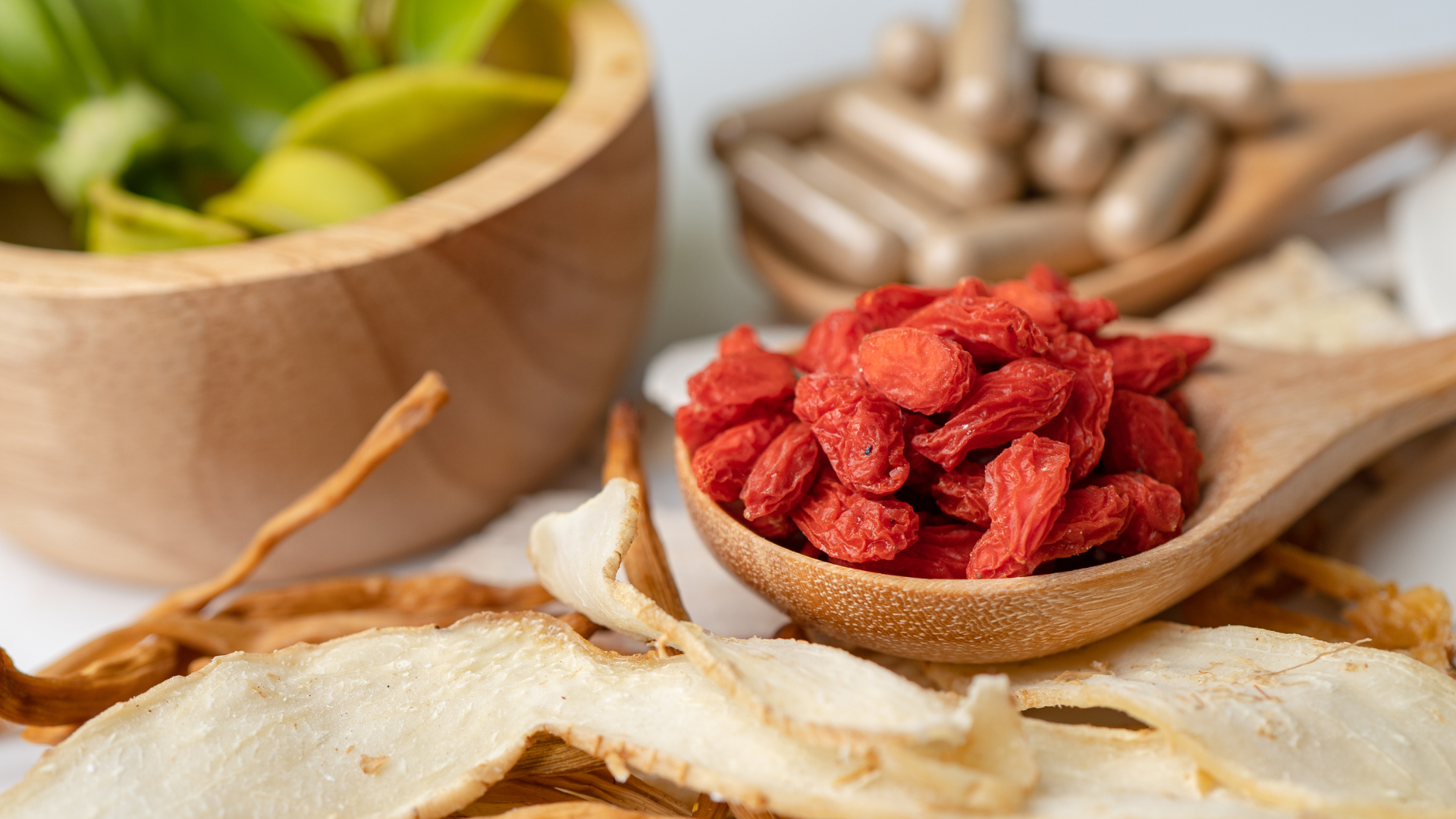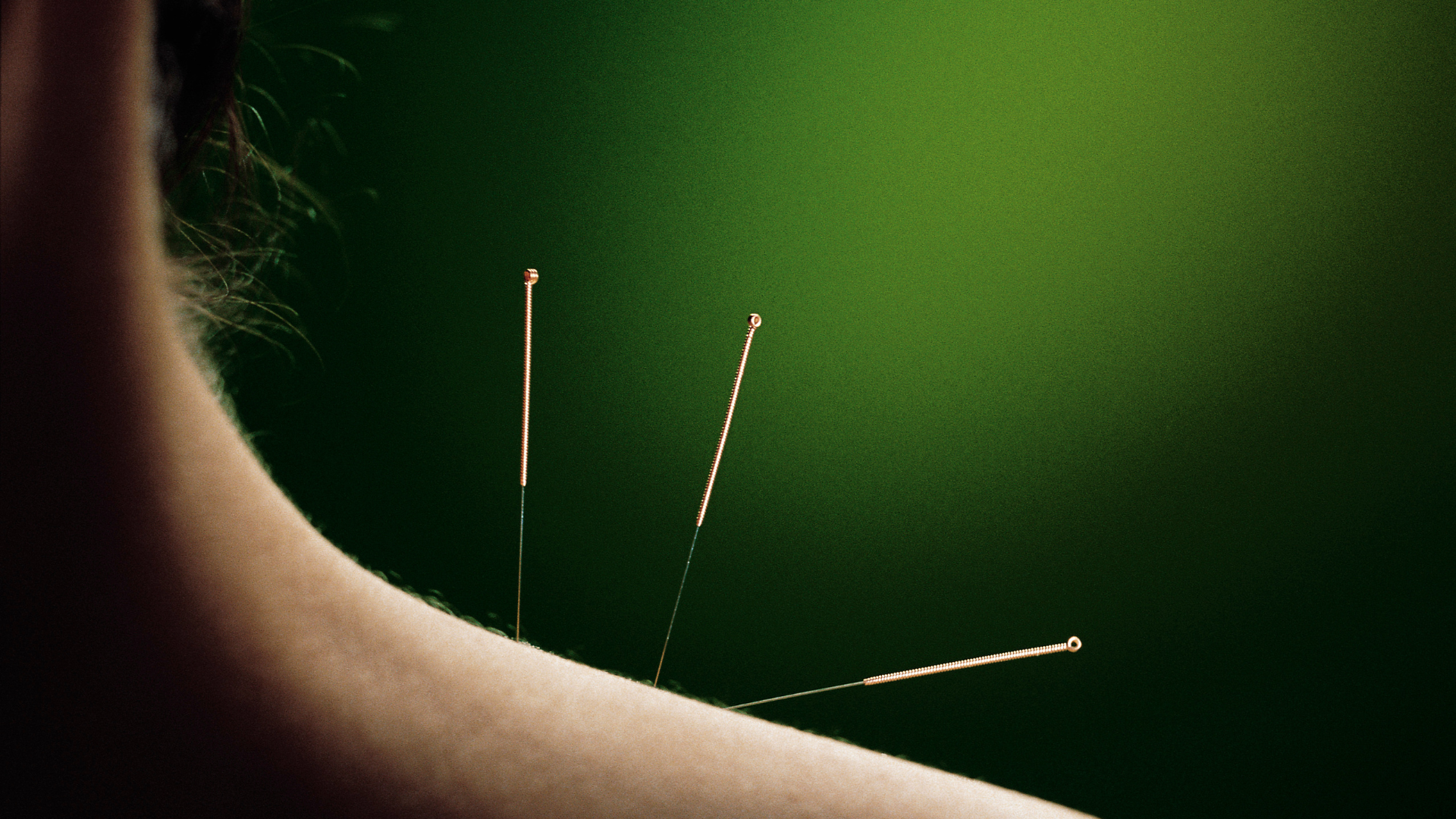The Connection Between Diet and Skin Health
We all know the importance of skincare routines, but did you know that the food you eat plays a huge role in the health and appearance of your skin? What you put into your body directly affects how your skin looks and feels. A healthy, balanced diet can nourish your skin from the inside out, while poor food choices can lead to inflammation, acne, and premature aging. In this blog post, we’ll explore the fascinating connection between diet and skin health and provide tips for eating your way to glowing, healthy skin.

1. Antioxidants: Protecting Your Skin from Damage
Antioxidants are compounds found in foods like fruits, vegetables, nuts, and seeds. They help protect the skin from free radicals—unstable molecules that damage skin cells and contribute to aging. Free radicals are often caused by sun exposure, pollution, and stress. By eating a diet rich in antioxidants, you can fight oxidative stress and prevent premature signs of aging, such as wrinkles and fine lines.
- What to eat: Berries (like blueberries, strawberries, and raspberries), leafy greens (spinach, kale), and brightly colored vegetables (carrots, bell peppers) are all packed with antioxidants. Vitamin C-rich foods like oranges and kiwi also help boost collagen production for firmer skin.
2. Healthy Fats: Keeping Your Skin Hydrated
Healthy fats are essential for maintaining the skin's moisture barrier, which keeps your skin hydrated and plump. Omega-3 fatty acids, in particular, are key in reducing inflammation and preventing dry, flaky skin. A diet high in healthy fats not only nourishes the skin but also helps improve its elasticity and overall appearance.
- What to eat: Incorporate omega-3-rich foods such as fatty fish (salmon, sardines), walnuts, flaxseeds, and chia seeds. Avocados are also a great source of healthy fats that support moisture retention and elasticity in your skin.
3. Anti-Inflammatory Foods: Reducing Acne and Skin Redness
Inflammation is a common cause of skin problems like acne, eczema, and redness. Certain foods can help reduce inflammation in the body, leading to calmer, clearer skin. A diet that is anti-inflammatory can prevent flare-ups and keep your skin looking its best.
- What to eat: Include anti-inflammatory foods such as turmeric, ginger, and green tea in your diet. Leafy greens like spinach and kale are also packed with nutrients that help lower inflammation. Additionally, nuts like almonds and walnuts are high in anti-inflammatory compounds that benefit the skin.
4. The Importance of Hydration
Hydration is key to healthy skin. When you're dehydrated, your skin can become dry, dull, and more prone to irritation. Drinking enough water throughout the day helps flush toxins out of your body, keeping your skin clear and vibrant. Hydration also helps your skin maintain its elasticity and smooth texture.
- What to drink: Aim to drink at least eight glasses of water a day. You can also hydrate your skin by consuming water-rich foods such as cucumbers, watermelon, and oranges. Herbal teas, like chamomile or mint, are great options to boost hydration while offering additional skin-soothing benefits.
5. Avoiding Sugar and Dairy: Preventing Breakouts
Dietary choices such as high sugar intake and dairy consumption can contribute to acne. Sugar causes a spike in insulin levels, which can trigger inflammation and lead to the overproduction of oil in the skin, contributing to clogged pores and breakouts. Dairy, particularly milk, has been linked to increased acne due to its hormonal content.
- What to avoid: Limit your intake of sugary foods, sodas, and processed snacks, as they can trigger acne and other skin issues. Additionally, try reducing your dairy consumption and see if it has a positive effect on your skin. Consider plant-based milk alternatives, like almond or oat milk, if you're sensitive to dairy.
6. Fiber and Detoxification: Keeping Skin Clear
Fiber plays an important role in detoxifying your body by aiding digestion and flushing out toxins. When your digestive system is functioning well, your skin is more likely to stay clear and healthy. Fiber-rich foods help prevent constipation and support a healthy gut, which is crucial for maintaining glowing skin.
- What to eat: Foods high in fiber include whole grains, beans, lentils, and vegetables like broccoli and carrots. A healthy gut can help reduce the occurrence of skin conditions like acne, eczema, and rosacea.
Final Thoughts: Eat for Your Skin
The connection between diet and skin health is undeniable. By focusing on a diet rich in antioxidants, healthy fats, anti-inflammatory foods, and proper hydration, you can support your skin from the inside out. Avoiding processed sugars, dairy, and foods that promote inflammation will also help keep your skin clear and vibrant.
Remember, glowing skin starts with what you put in your body. Incorporate these diet tips into your routine for healthier, more radiant skin. And as always, consult with a healthcare professional or a dermatologist if you have specific skin concerns or conditions that need targeted treatment.




